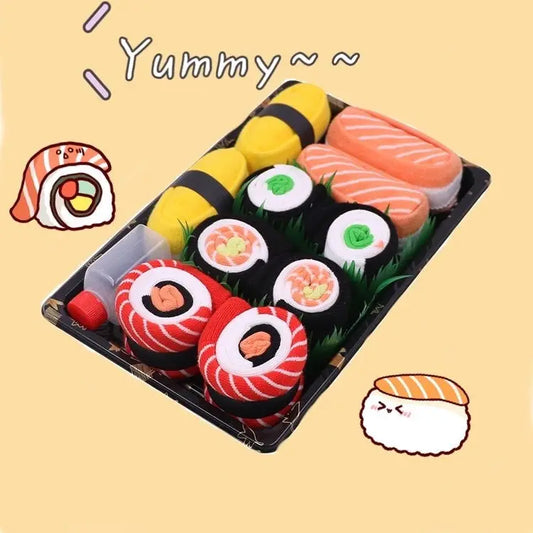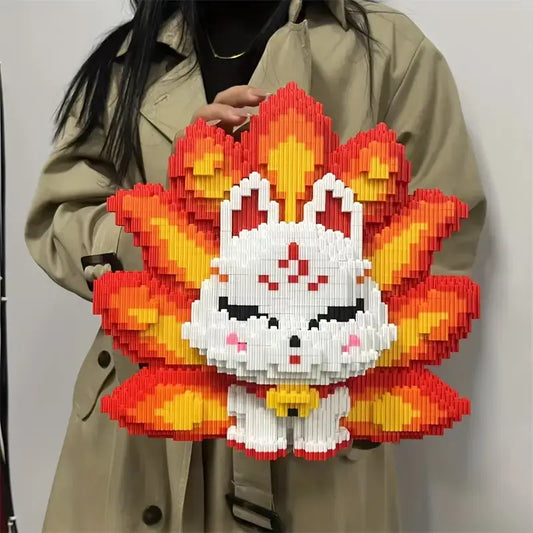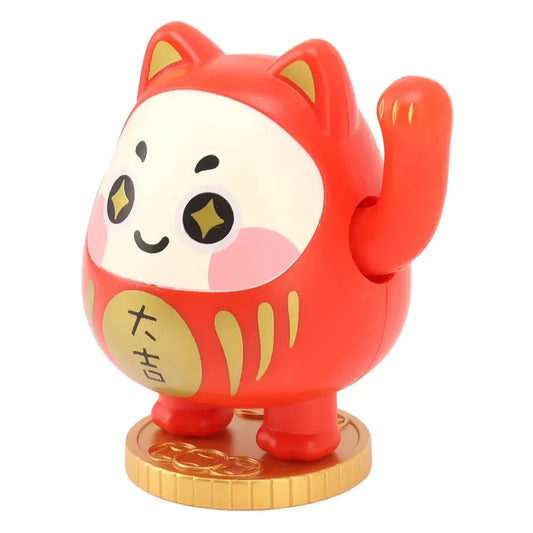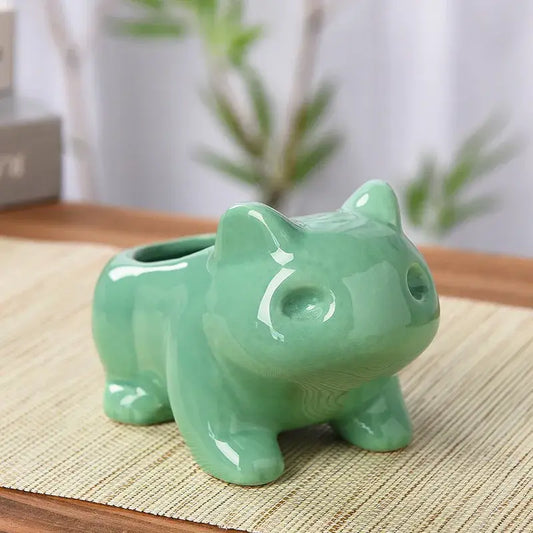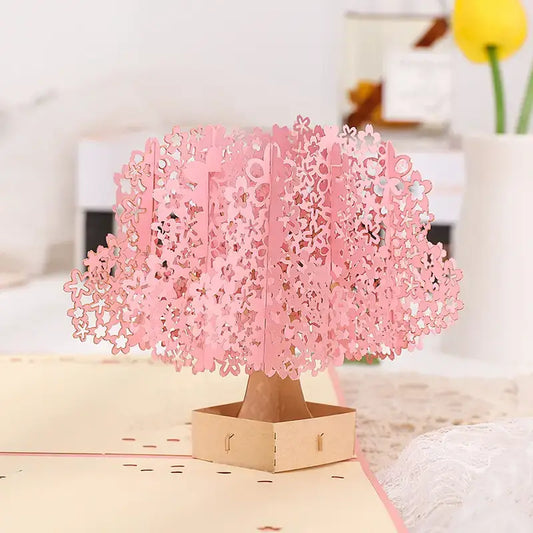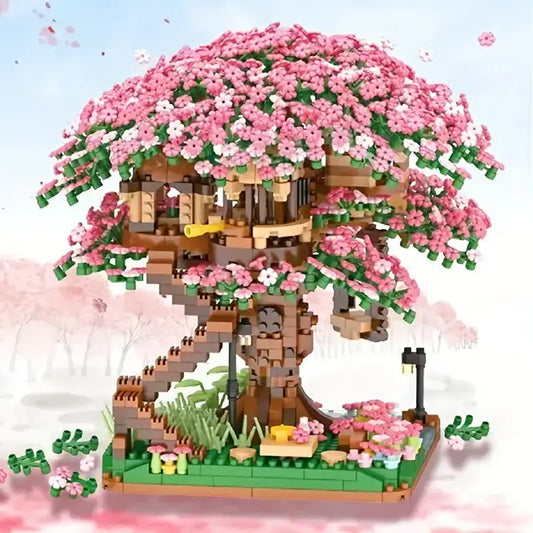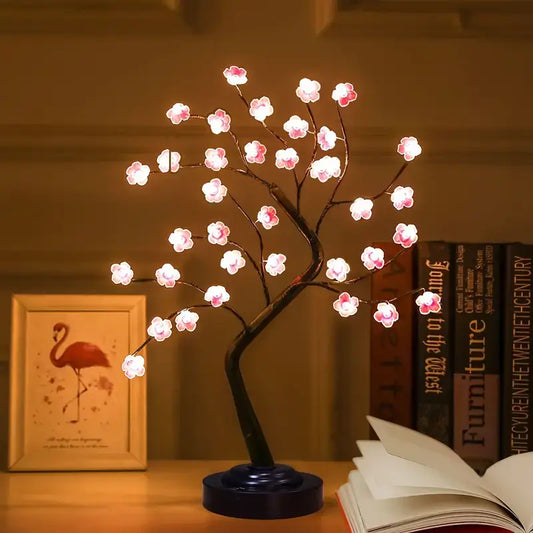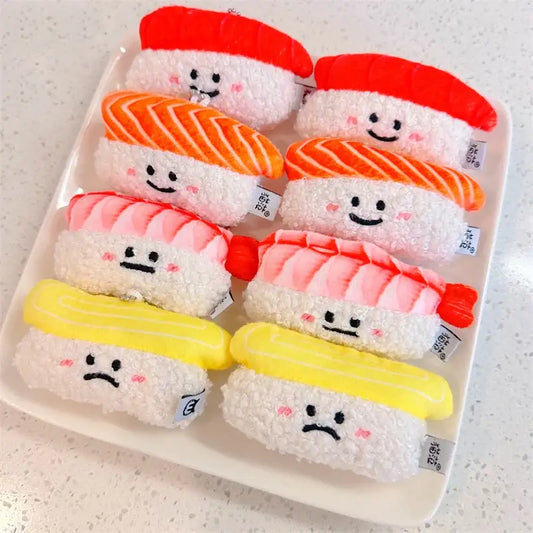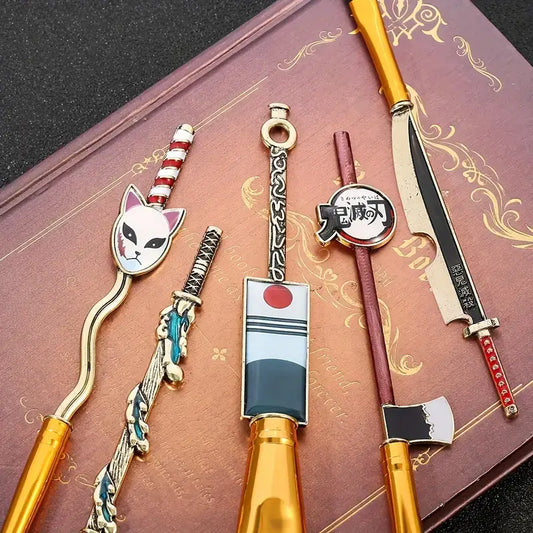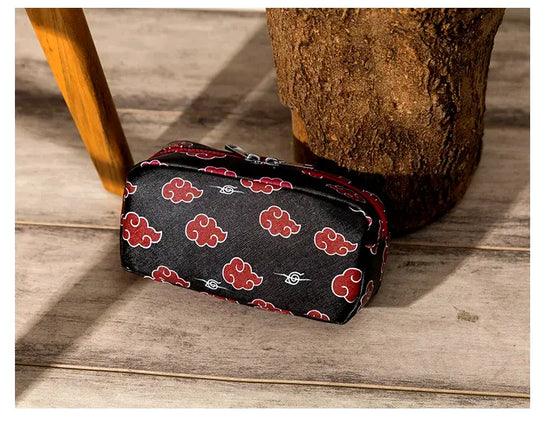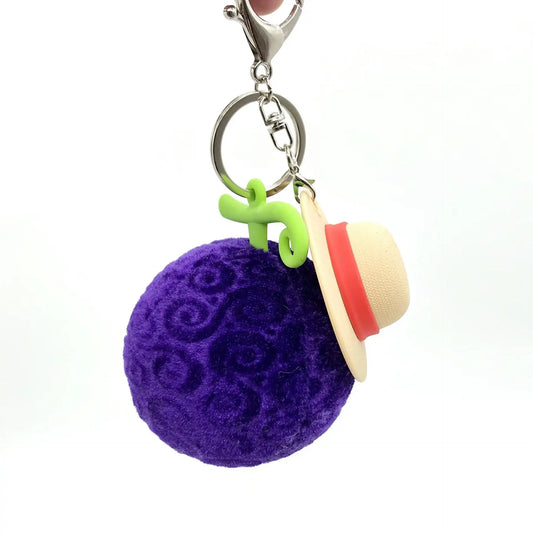Collection: Gifts
-
Funny Sushi Box Socks
Regular price 36$ USDRegular priceUnit price / per -
Tamagoyaki Sushi Backpack
Regular price 38$ USDRegular priceUnit price / per -
Pixel Kitsune Fox Building Blocks
Regular price 48$ USDRegular priceUnit price / per -
Daruma Doll Waving Lucky Cat
Regular price 32$ USDRegular priceUnit price / per -
Bamboo Matcha Tea Set
Regular price 38$ USDRegular priceUnit price / per -
Funny T-Rex Dino Chopsticks
Regular price 24$ USDRegular priceUnit price / per -
Kawaii Toast Night Light
Regular price 34$ USDRegular priceUnit price / per -
Cute Bulbasaur Plant Pot
Regular price From 12$ USDRegular priceUnit price / per -
Narutomaki Kawaii Keychain
Regular price 11$ USDRegular priceUnit price / per -
Sakura Tree Pop Up Card
Regular price 22$ USDRegular priceUnit price / per -
Sakura Flower Kalimba
Regular price 48$ USDRegular priceUnit price / per -
Sakura Tree House Building Blocks
Regular price 42$ USDRegular priceUnit price / per -
Sakura Flower Incense Burner
Regular price 18$ USDRegular priceUnit price / per -
Sakura Cherry Blossom Pillow
Regular price From 36$ USDRegular priceUnit price / per -
Sakura Blossom Tree Lamp
Regular price 34$ USDRegular priceUnit price / per -
LED Lightsaber Jedi Chopsticks
Regular price 26$ USDRegular priceUnit price / per -
Kawaii Sushi Plush Keychain
Regular price 15$ USDRegular priceUnit price / per -
Liquid Bubble Tea Keychain
Regular price 12$ USDRegular priceUnit price / per -
Taiyaki Plush Pillow
Regular price 26$ USDRegular priceUnit price / per -
Cute Taiyaki Wallet
Regular price 14$ USDRegular priceUnit price / per -
Lucky Cat Japanese Socks
Regular price 16$ USDRegular priceUnit price / per -
Whispers of the Sea Pen Set
Regular price 24$ USDRegular priceUnit price / per -
Kawaii Magic Tarot Cards
Regular price 28$ USDRegular priceUnit price / per -
Himeji Castle 3D Metal Puzzle
Regular price From 74$ USDRegular priceUnit price / per -
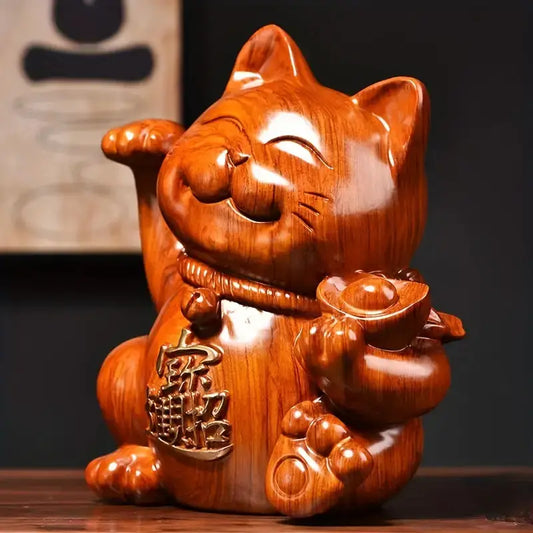
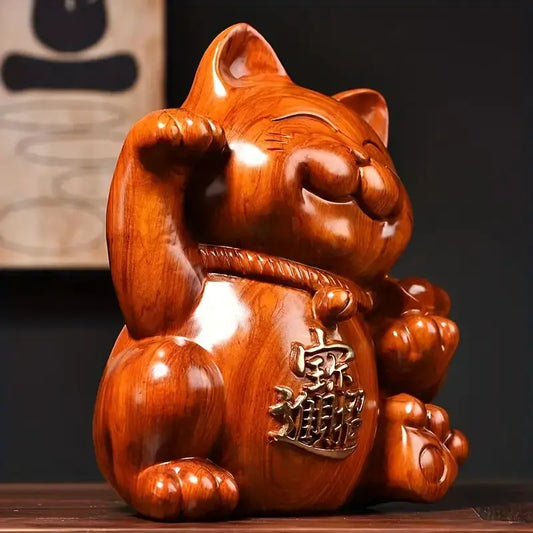 Sold out
Sold outWooden Maneki Neko Lucky Cat
Regular price 50$ USDRegular priceUnit price / per -
Pikapepe Funny Plush Toy
Regular price 28$ USDRegular priceUnit price / per -
Chest Shaking Anime Girl
Regular price 17$ USDRegular priceUnit price / per -
Hashira Makeup Brush Set
Regular price 28$ USDRegular priceUnit price / per -
Akatsuki Clouds Pencil Case
Regular price 21$ USDRegular priceUnit price / per -
Samurai Katana Umbrella
Regular price 62$ USDRegular priceUnit price / per -
Pikachu Lighting Tail Hair Pin
Regular price 17$ USDRegular priceUnit price / per -
Gomu Gomu Devil Fruit Plush Keychain
Regular price 17$ USDRegular priceUnit price / per -
Nezuko Anime Cloak
Regular price 38$ USDRegular priceUnit price / per -
Tanjiro Anime Cloak
Regular price 38$ USDRegular priceUnit price / per -
Rengoku Fire Ring
Regular price 17$ USDRegular priceUnit price / per -

 Sold out
Sold out
Receive Updates Straight to Your Inbox 📩
Be the first to know about new releases and exclusive offers.
Japanese Gifts - A Symphony of Tradition and Thoughtfulness
The art of gift-giving in Japan is a delicate dance of tradition, respect, and affection. Far from a mere exchange of objects, Japanese gifts are laden with symbolism, etiquette, and deep cultural meanings. They serve as a bridge connecting hearts and minds, echoing an ancient custom that transcends mere materialism.From the meticulously wrapped Omiyage (souvenirs) to the spiritual significance of Senbazuru (a thousand origami cranes), Japanese gifts are a nuanced expression of relationships. Whether commemorating milestones, celebrating seasons, or conveying gratitude, they often reveal a thoughtful consideration of the recipient's tastes and needs.
One example is the age-old custom of giving “Goshugi” at weddings, money elegantly placed in a special envelope, adhering to an unspoken rule that the amount should be an odd number to symbolize indivisibility. Similarly, the tradition of giving “Koden” at funerals reflects sympathy and support in a time of grief.
The charm of Japanese gifts lies in their presentation. Wrapping, called "Tsutsumi," is an art form itself, where the aesthetics of the package mirror the care and respect for the person receiving the gift. Often adorned with seasonal motifs or natural symbols like cherry blossoms, the wrapping adds a layer of meaning and beauty to the gift.
Gifts in Japan also include unique objects that tell a story of place and craft. Think of a delicate Kutani porcelain bowl, a Kyoto folding fan, or a handcrafted Sakata bamboo doll. Each piece carries with it the soul of the artisans and the rich heritage of Japanese craftsmanship.
Seasonal gifts, known as "Ochugen" and "Oseibo," mark summer and winter respectively, emphasizing relationships between friends, colleagues, and family. These gifts often include consumable items, reflecting the Japanese value of practicality and courtesy.
Even in the modern era, where Western influence has crept into many aspects of Japanese culture, the essence of Japanese gift-giving remains intact. It's an eloquent expression of connection, a tangible reflection of the intricate web of social relations that binds the Japanese community.
Japanese gifts are more than just objects; they are gestures, a shared understanding, a touch of human warmth and respect. In their elegance, simplicity, and profound meaning, they capture the very essence of Japan's cultural spirit, turning an ordinary act of giving into something truly extraordinary.


